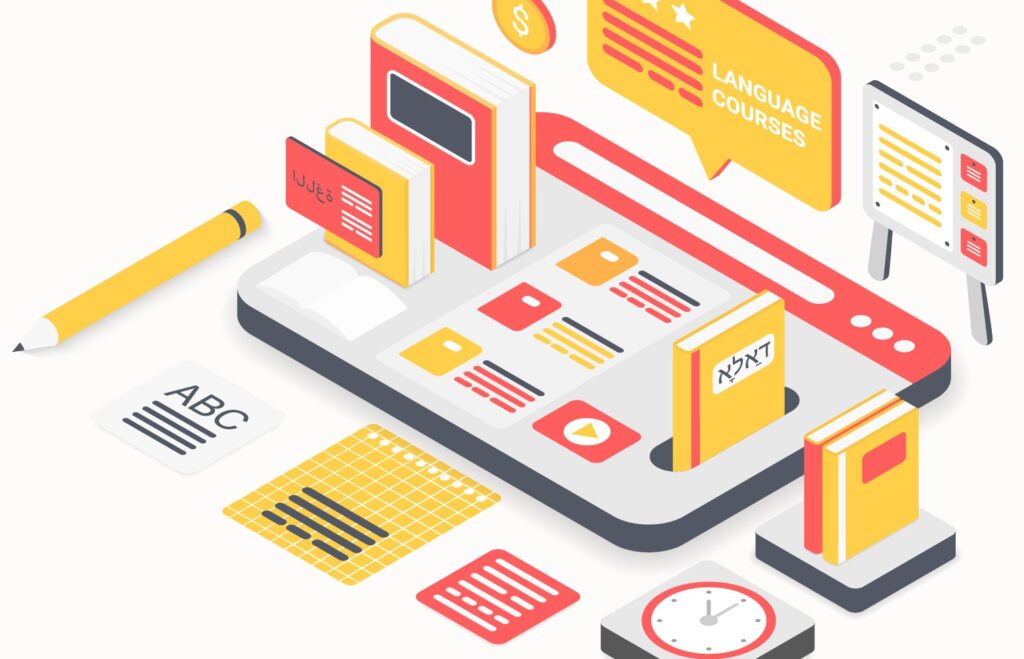Lots of Resources for LOTS Interpreters
Interpreters of languages other than Spanish (LOTS) don’t have the luxury of ready-made interpreting practice recordings/materials, complete with glossary keys for complicated terminology. They must be creative. Read on to discover lots of LOTS resources and come away better prepared to meet your professional goals.
Read MoreWords Matter, Identity Matters: Translating the Vocabulary of Diversity
Words matter. Identity matters. For translators who are not members of marginalized communities, the first step is to recognize our own privilege, to acknowledge our own limitations, and to broaden our perspective regarding communities of color, women, and LGBTQ+ persons.
Read MoreCan Clients Find You? Help Them With Google My Business
The following was originally published on Next Level: The ATA Business Practices Blog. This initiative by ATA’s Business Practices Education Committee provides information for…
Read MoreE73: Inside Specialization – Legal Translation
Hear about the role passion plays in the decision to become a legal translator and learn the key to becoming one of the best.
Read MoreInterpreting in Rural Communities
Language access services that provide community interpreting remain concentrated in urban centers. As such, rural communities must rely upon remote access, a model that fails to account for the cultural specificity of rural life and livelihood. How are interpreters in rural communities adapting to meet the increased need for language access?
Read MoreLiterary Translation: Finding Focus in Its Fuzzy Borders
What makes literary translation challenging is also what makes it interesting. A good translation should respect and reflect the author’s style and vocabulary, but this doesn’t mean that every single word or phrase you choose has to perfectly resemble the author in style and effect. Let’s explore some of the frequent challenges faced by literary translators, such as making the voice of a character sound authentic and translating names and places with intentional meanings or symbolism.
Read MoreDynamic Duos: How Interpreters and Speech-Language Pathologists Collaborate to Serve Children with Disabilities
Interpreting and speech-language pathology are professions centered in language and communication. So, what happens when these worlds meet? Learn how speech-language pathologists and interpreters in Minnesota have collaborated with the Minnesota Department of Education to develop dynamic training workshops to help language professionals serve linguistically diverse school districts.
Read MoreBecoming a Mentor: Giving Back and Leveling Up
Mentoring someone isn’t just about sharing wisdom, passing along expertise, or supporting the development of (future) colleagues. Mentoring is also expected to benefit the mentor. Whether you’re working with a student, a new professional, or a colleague, the interactions you have as a mentor will lead you to reflect more critically and deeply on your professional practice.
Read MoreE72: Inside Specialization – International Trade Translation
It’s the knowledge beyond the words on the page that will take you places in the specialization of International Trade Translation.
Read MoreE71: Inside Specialization – Audiovisual Translation
Get the insight and advice you need to specialize in audiovisual translation.
Read MoreE69: Inside Specialization – Video Game Localization
Find out how to gain enough experience to break into the world of video game localization.
Read More






